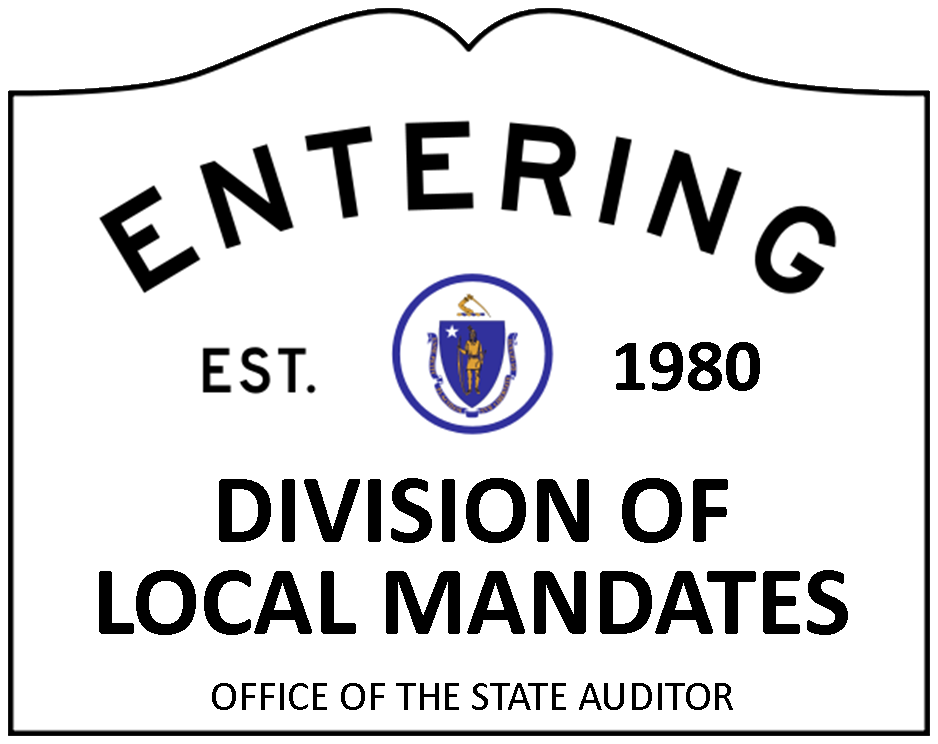- Office of the State Auditor
- Division of Local Mandates
Media Contact
Lauren Feltch Donoghue, Director of Communications
Boston — A report released today by State Auditor Suzanne M. Bump examined the unfulfilled promises, in a variety of state laws, of state aid to municipal government. While applauding the new funding for new educational programs mandated by the Legislature contained in the current state budget, the report, entitled “Fulfilling the Promise of Local Aid by Strengthening State-Local Partnerships,” compared state appropriations to actual municipal spending on existing mandated programs and identified a nearly $1.2 billion shortfall. Areas of concern highlighted in the report focus on school transportation, aid to education, veterans’ benefits and other essential, long-standing services within cities and towns. The report also detailed the inadequacies in existing formula distributions that result in glaring unequal distributions to similarly-situated communities.
“Every year members of the Legislature file bills asking for an examination of unfunded mandates - what they are, and how much they cost municipalities, what can be done about them? This report, along with the published reviews of mandates passed by the Legislature which this Office produces every 5 years, provides them with the information they need to address the burden of unfunded mandates,” said Auditor Bump. “The solution to the problem of unfunded mandates is to prioritize funding of them. It is a simple solution, but it may require some hard choices.”
Due to the constraints of Proposition 2 ½, state assistance is increasingly important to finance essential programs. Municipalities can be helped by new growth revenue but that is inconsistent across the state and dependent on the condition of the housing and commercial real estate markets, which are under pressure due to higher interest rates.
"This report confirms that cities and towns are facing deep financial pressures, and explains why our communities rely so heavily on local aid and key municipal and school reimbursement programs," said Geoff Beckwith, Executive Director & CEO of the Massachusetts Municipal Association. "This is an excellent blueprint that the next Governor can use to eliminate critical funding shortfalls, so that communities can deliver essential services, balance their budgets, and lower reliance on the property tax."
Municipal Budgets Impacted By Outdated Legislation
As stated in the report, municipal budgets depend on state aid and reimbursements to fund critical services. It is concerning that as a percentage of local budgets support from the state continues to decline. The lack of funding in areas continues to have a significant impact on many school districts particularly in the expenditures on school transportation which leaves close to $450 million in local burden.
Although some programs analyzed in this report are promised increases in resources, there continue to be inequities across the Commonwealth. Insufficient state appropriations remain the root of the problem for many programs and the devastating impact on municipalities continues to vary based on a municipality’s size, demographics, location and economic characteristics.
"Thank you, Auditor Bump for highlighting the inconsistent and confusing school transportation reimbursement requirements and thresholds. It is critical to the fiscal health of our school districts that we partner with our legislators and local leaders to provide annual and predictable funding for reliable school transportation budgets," said Mary Bourque, Director of Government Relations for the Massachusetts Association of School Superintendents.
Reimbursements for School Transportation Programs
This report found significant discrepancies regarding reimbursements from the state to municipalities, as required by law, for transporting in and out of district students with special needs, those attending regional or vocational schools and students in foster care. Improvements to fully support school transportation are necessary and although there have been increases in some areas, it is still lacking.
Additional Impacts on State and Local Revenue Growth
Given the increased reliance by municipalities on the property tax to fund services at the local level and the growing financial burden of mandated services, it is important that the state provide additional funding to communities. The current FY 2023 budget included many improvements highlighted within the report, such as increased funding of $500 million in Chapter 70 school aid due to provisions of the 2019 Student Opportunity Act. Additional programs that were positively impacted by the budget include Unrestricted General Government Aid (UGGA) ($63M), the Special Education Circuit Breaker ($67M), and payments in lieu of taxes (PILOT) for state-owned land ($10M). However, the existing commitments still leave substantial opportunities to strengthen the partnership between the state and local governments.
“While the FY 2023 budget is a strong step toward greater state-local partnerships, there is still work to be done to reduce the burden facing municipalities. This is particularly true for municipalities most in need of assistance,” said Bump.
Overcoming Uncertainties facing Municipal Budgets
Communities can view their local aid through the state’s “Cherry Sheet,” an official notification by the Department of Revenue, which breaks down estimated allocations for large programs such as Chapter 70 education aid and UGGA, as well as smaller programs such as municipal reimbursement programs for veteran benefits. Additional local aid categories appear as legislative appropriations in line items of the state budget.
The Office of the State Auditor’s Division of Local Mandates (DLM) produced the study. In addition to responding to requests from local governments about potential unfunded mandates, DLM also produces Municipal Impact Studies, such as this one, that provide deep analysis of aspects of state law that have significant fiscal impacts on municipalities.
###
